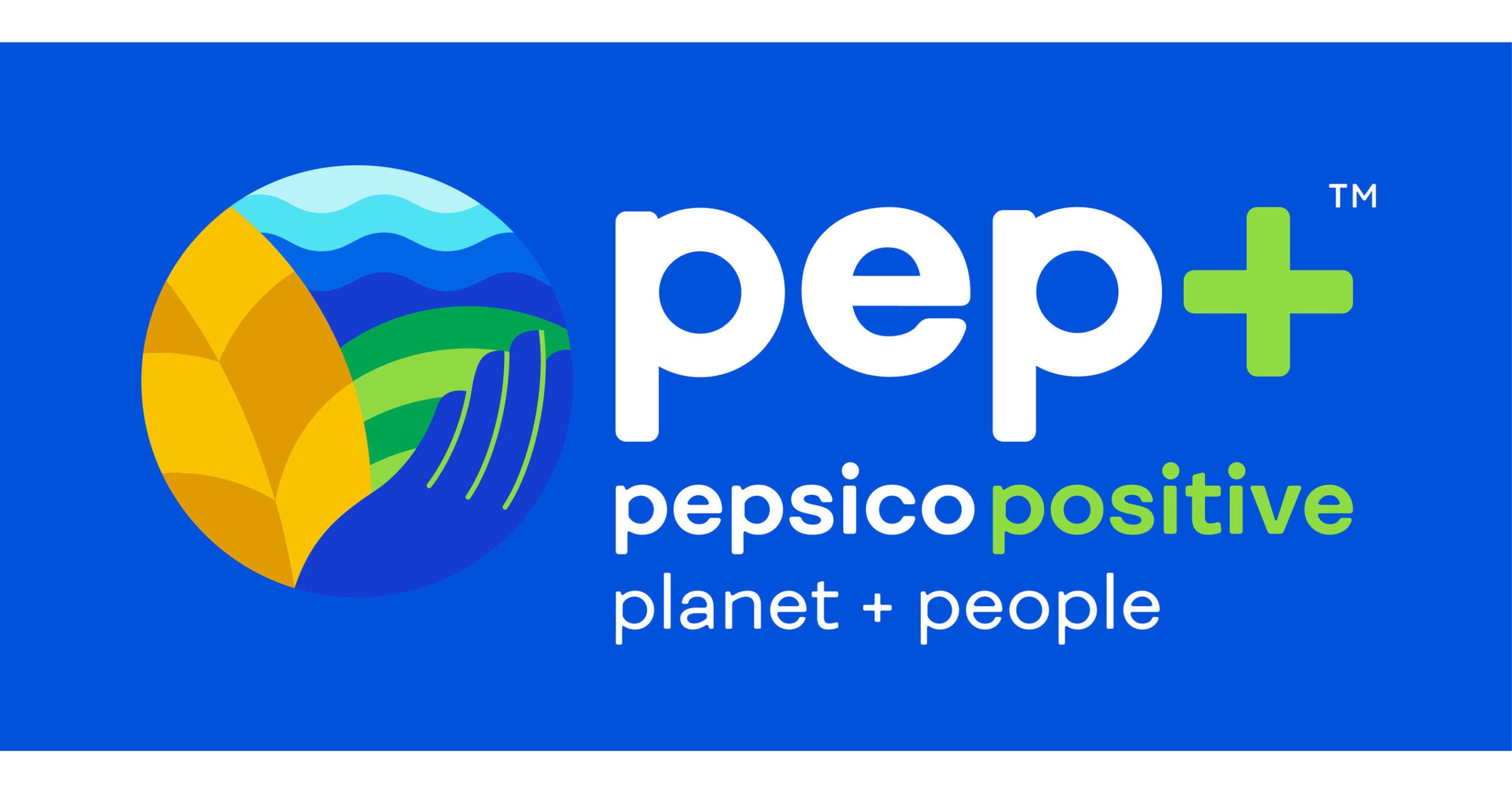
In September, snacks and beverage giant PepsiCo announced its latest sustainability programme, PepsiCo Positive (Pep+). The “fundamental transformation of what we do and how we do it”, as CEO Ramon Laguarta described the ‘end-to-end’ initiative, featured plans to make its packaging more sustainable.
As part of Pep+, the group is aiming to make its plastic packaging from 50% of recycled materials and halve its use of virgin plastic by 2030. By 2022, PepsiCo will move its key Pepsi-branded products in 11 European markets to fully recycled polyethylene terephthalate (rPET) bottles, while also moving further into ‘better-for-you’ plant-based beverages and expanding its SodaStream platform.
“Pep+ is the future of our company,” said Laguarta at launch. “A fundamental transformation … to create growth and shared value with sustainability and human capital at the centre.”
A move to please consumers
According to GlobalData beverages analyst Holly Ingles, the move should go far to meet the expectations of the modern consumer.
“Pep+ will keep PepsiCo ahead of the competition amid consumers’ ever-increasing demand for sustainability,” she said. “The policy will be popular with the 70%* of global consumers that prefer ingredients that are sourced sustainably and ethically.
“Consumers are yearning for drinks that are both better for them and better for the planet. Focusing on beverages that are thought of as ‘healthy’ and ‘sustainable’ … may be a good bet in the long term, given their historical popularity in a number of markets across the globe.
“It is clear that consumers are watching brands’ actions closely, as well as changing their purchasing habits based on how brands respond to the environmental crisis.”
Sustainability benefits business
Speaking to Packaging Gateway, The Institute of Grocery Distribution (IGD Services) Canada programme director Steward Samuel agreed that brands that engage with consumers using sustainability cues are more likely to see success, tapping into their growing demands for environmental responsibility.
“PepsiCo has placed sustainability at the heart of its business, taking sustainability mainstream and engaging people to make choices that are better for themselves and the planet,” he said. “Prior to the pandemic, consumer interest in sustainability had been a growing trend and, while the pandemic caused major disruption across the grocery industry, consumer awareness in this area has been heightened.”
Samuel also noted that FMCG companies have been busy “updating their sustainability frameworks” this year, and not necessarily for purely altruistic reasons. “Not only is there a growing body of evidence linking sustainability and financial performance,” he said, “but there’s also an expectation from investors – and consumers – that companies are making progress in this area.”
Will Pep+ make a difference?
While PepsiCo’s latest initiative makes sound business sense, there are other observers who believe the move doesn’t make up for the group’s more unsustainable packaging practices.
“(There is) still too much emphasis on recycling for a company that is consistently ranked among one of the world’s worst plastic polluters,” said Greenpeace global project leader Graham Forbes. “The company needs to set ambitious reuse/refill targets for all products and brands.”
For the last three years, PepsiCo – along with The Coca-Cola Co and Nestle – has featured high on the list of polluters collated by NGO Break Free From Plastic. In late-2020, Abigail Aguilar, Greenpeace South-East Asia’s plastics campaign regional coordinator, said of the brand owner’s most recent appearance in the list: “It’s not surprising to see the same big brands on the podium as the world’s top plastic polluters for three years in a row.
“These companies claim to be addressing the plastic crisis, yet they continue to invest in false solutions while teaming up with oil companies to produce even more plastic. To stop this mess and combat climate change, multinationals like … PepsiCo … must end their addiction to single-use plastic packaging and move away from fossil fuels.”
Earlier this year, ‘Missing the Mark: Unveiling False Solutions to the Plastic Crisis’, a report commissioned by Break Free From Plastic even went so far as to attack the likes of PepsiCo for their “lack of ambition” for genuine change.
PepsiCo still has a long way to go
Like all of its FMCG peers, PepsiCo should be lauded for working to increase the environmental-friendliness of its packaging proposition. Any and all efforts are welcome – particularly by consumers. And yet, for all the fanfare behind Pep+, the brand owner would do well to engage more directly with its loudest critics – and soon.



